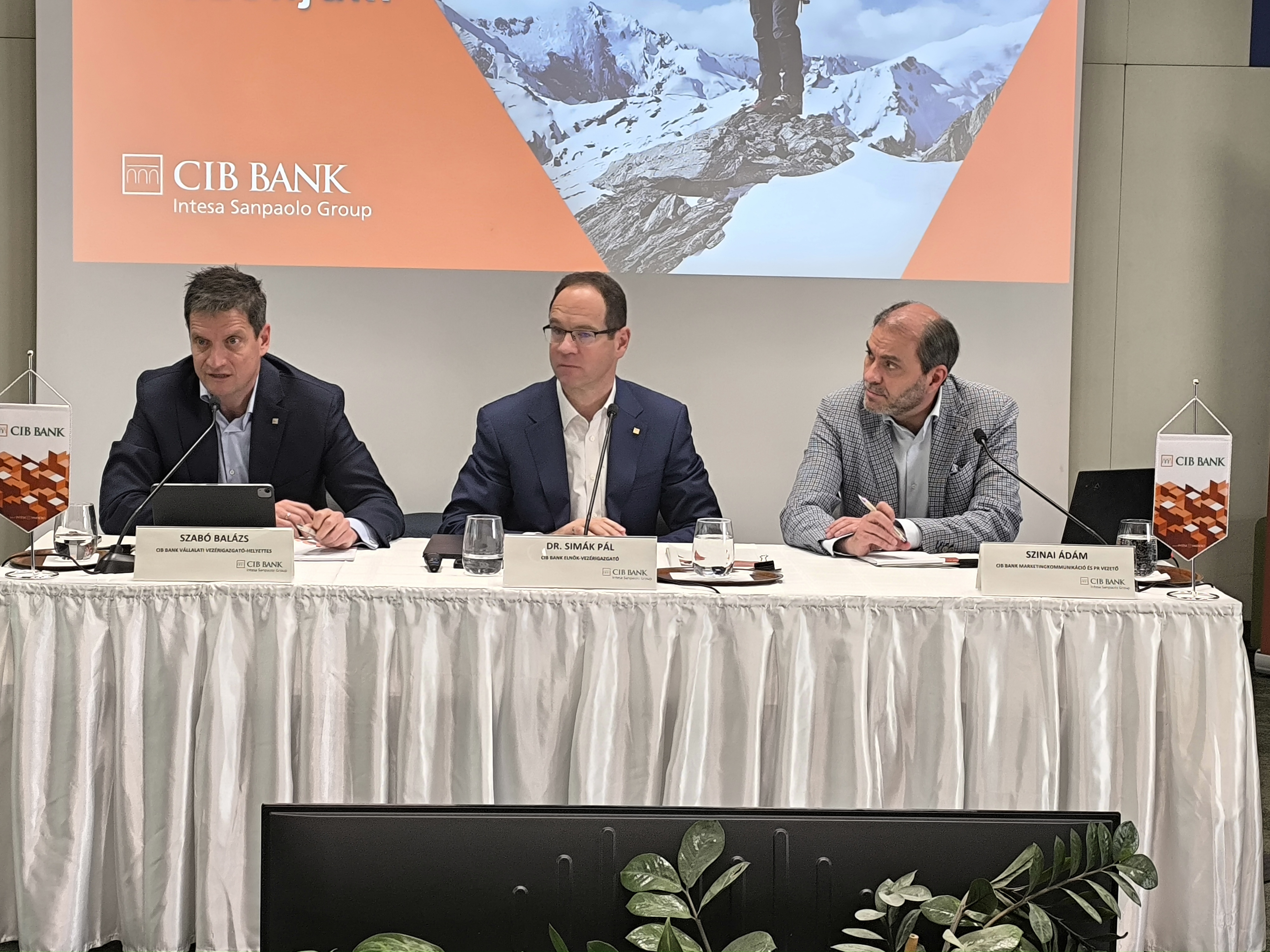Tax dodgers: always ahead of the game?

From the Budapest Business Journal print edition: Although their room for maneuvering shrinks, offshore tax dodgers still manage to keep one step ahead of regulators by constantly finding new ways to minimize tax payments. With the introduction of the Stability Savings Account, bringing the money back to Hungary will not be a problem any more, either.
In the global fight against tax evasion, tax authorities are moving from bilateral to multilateral cooperation and from exchange of information on request to an automatic system. Hungary signed the most comprehensive multilateral instrument tackling tax avoidance, the OECD’s Multilateral Convention on Mutual Administrative Assistance in Tax Matters, in November 2013. Besides that, there are the ‘customary’ bilateral double taxation treaties that also provide grounds for the exchange of information as well as bilateral tax information exchange agreements, typically between a tax haven and a country with an average tax burden.
Bilateral treaties
Hungary has concluded double taxation treaties with almost 80 countries so far, among them all EU and OECD member states. All of these include the possibility of information exchange, but in most of the cases oblige the other country to do so only upon the request of Hungarian tax authority NAV rather than automatically, says PwC tax partner Dóra Máthé.
The automatic exchange of information involves the systematic and periodic transmission of ‘bulk’ taxpayer information by the source country to the home country, explains Máthé. It may concern various categories of income, such as dividends, interest, royalties, salaries and pensions. Automatic exchange can also be used to transmit other types of information such as changes of residence, the purchase or sale of property and value added tax refunds. This is the type of information exchange that has, in fact, a real deterrent effect.
According to a 2012 OECD survey, 14 of the 80 countries do, however, provide information on Hungarian taxpayers automatically, under protocols agreed separately under double taxation treaties, says attorney Pál Jalsovszky. Neither the list of these countries, nor the type of information shared, has been made public though.
Speedy progress in the EU
The European Commission has sped up legislative work on the fight against tax evasion, primarily because EU tax revenues of up to €250 billion still disappear each year in various offshore centers, says Jalsovszky. The direction of EC legislation has also been influenced by the U.S. Foreign Account Tax Compliance Act to be introduced this year, on the basis of which the Internal Revenue Service will be able to automatically obtain bank account information on U.S. taxpayers.
The automatic exchange of information was first introduced in the EU in 2005 through the Savings Directive. Currently, 26 countries apply the automatic exchange of information. Austria and Luxembourg are allowed, for a transitional period, to apply only a withholding tax with a 35% rate. Besides, the EU has concluded savings tax agreements with five neighboring countries: Switzerland, Andorra, Monaco, Lichtenstein and San Marino.
The main limitation of the directive is that it is applicable only to the savings of private deposit holders, thus the anonymity of the account holder can easily be kept by opening a corporate account. In 2008, the Commission proposed a revision of the directive in order to capture payments made through trusts and foundations and to close other loopholes.
In addition to the above treaties, the EU’s new Administrative Cooperation Directive, which generally entered into force in January 2013, will also introduce automatic exchange of available information in five income categories from 2015, says Máthé. These are the income from employment, director’s fees, life insurance products, pensions, and immovable property.
Tricks and loopholes
How will these all work in practice? Full transparency is still more like a distant dream than reality, a private banker told the Budapest Business Journal. Even without trying to dig too deep, the BBJ could easily identify a number of tricks and loopholes to find a way around regulations against tax evasion.
One way a taxpayer may be excluded from the Savings Directive is holding an account that is not impacted by the rules. By opening a bank account that bears no interest, no information will be provided on the savings. Banks have been quite innovative in creating savings instruments that are very similar to deposits in their nature, but the return they provide does not qualify as interest income as defined by the directive.
Another option is to open an account in Austria, the last country to hold out against automatic information exchange. The Luxembourg government has already announced that it will end the transitional period and introduce the automatic exchange of information under the Savings Directive as of January 2015. Austria is expected to be able to resist political pressure to follow suit for at least a couple more years.
What about double tax treaties? Hungary is expected to conclude such treaties with several more countries including well-known tax havens. Thus, there are no 100% secure offshore refuges that shelter tax dodging and money laundering any more, says Jalsovszky. A “glimmer of hope” for tax evaders is that information exchange based on these treaties does not work efficiently in practice due to a lack of capacity on the part of the tax authorities. In addition, many countries do not take this seriously enough or obstruct the whole procedure outright by providing too general or simply useless information, such as, for instance, Cyprus. Finally, initiatives to fight tax evasion are hampered by conflict of interest, and there will always be one way or another to hide the assets of the wealthiest elite.
Where do tax dodgers try to hide their money in the current regulatory environment? While there are no safe bets, Jalsovszky observed three main tendencies. Some still have faith in the distant exotic tax paradises. They believe that no matter how many treaties they sign, these countries will always do their best to sabotage information exchange. Another direction is Singapore and Hong Kong. Both countries are strong and well able to protect their own interests. In addition, they are far away from both the EU and the United States. The third tendency is moving assets to the aforementioned Austria.
The other main issue ‘tax planners’ face is how to bring the money back home. In the past few years, there has always been some kind of amnesty available. The latest option, the Stability Savings Account (SSA), is an amnesty that offends several legal principles, pointed out Jalsovszky. He believes that this amnesty is not sustainable in the long run as it represents a gaping loophole. SSA holders may benefit from tax exemptions, while they do not have to justify the origin of these assets. At least HUF 5 million has to be deposited and the same individual can open an unlimited number of accounts. Tax liability arises only when a part or the total sum is withdrawn from the account, however, if this happens after more than five years, the income is fully tax exempt.
Other popular solutions include taking director’s fees from companies outside the EU or changing tax residency by moving to Malta for a year or two.
SUPPORT THE BUDAPEST BUSINESS JOURNAL
Producing journalism that is worthy of the name is a costly business. For 27 years, the publishers, editors and reporters of the Budapest Business Journal have striven to bring you business news that works, information that you can trust, that is factual, accurate and presented without fear or favor.
Newspaper organizations across the globe have struggled to find a business model that allows them to continue to excel, without compromising their ability to perform. Most recently, some have experimented with the idea of involving their most important stakeholders, their readers.
We would like to offer that same opportunity to our readers. We would like to invite you to help us deliver the quality business journalism you require. Hit our Support the BBJ button and you can choose the how much and how often you send us your contributions.







